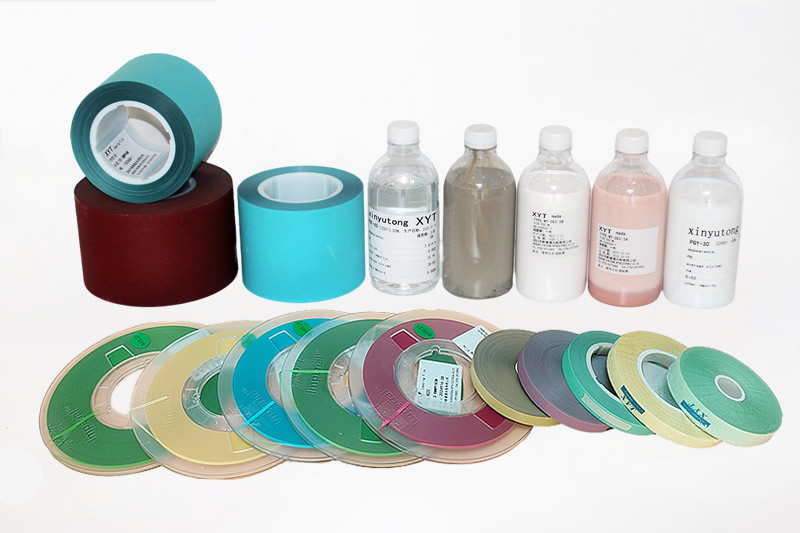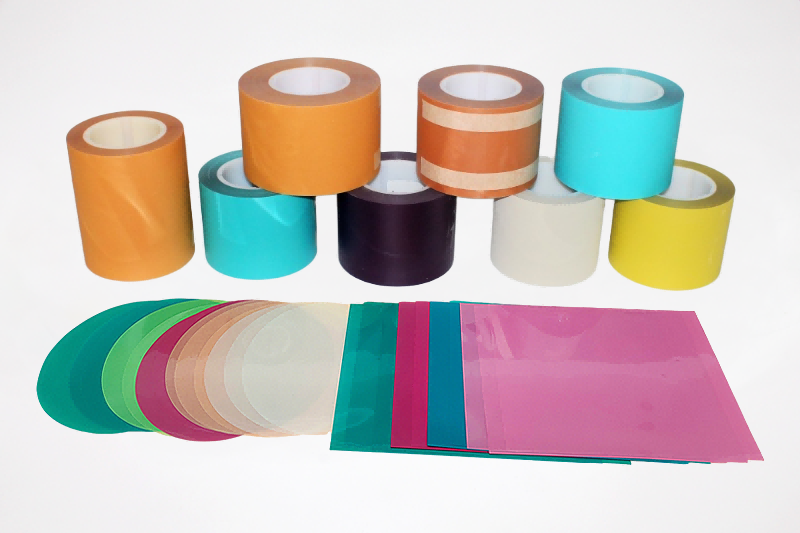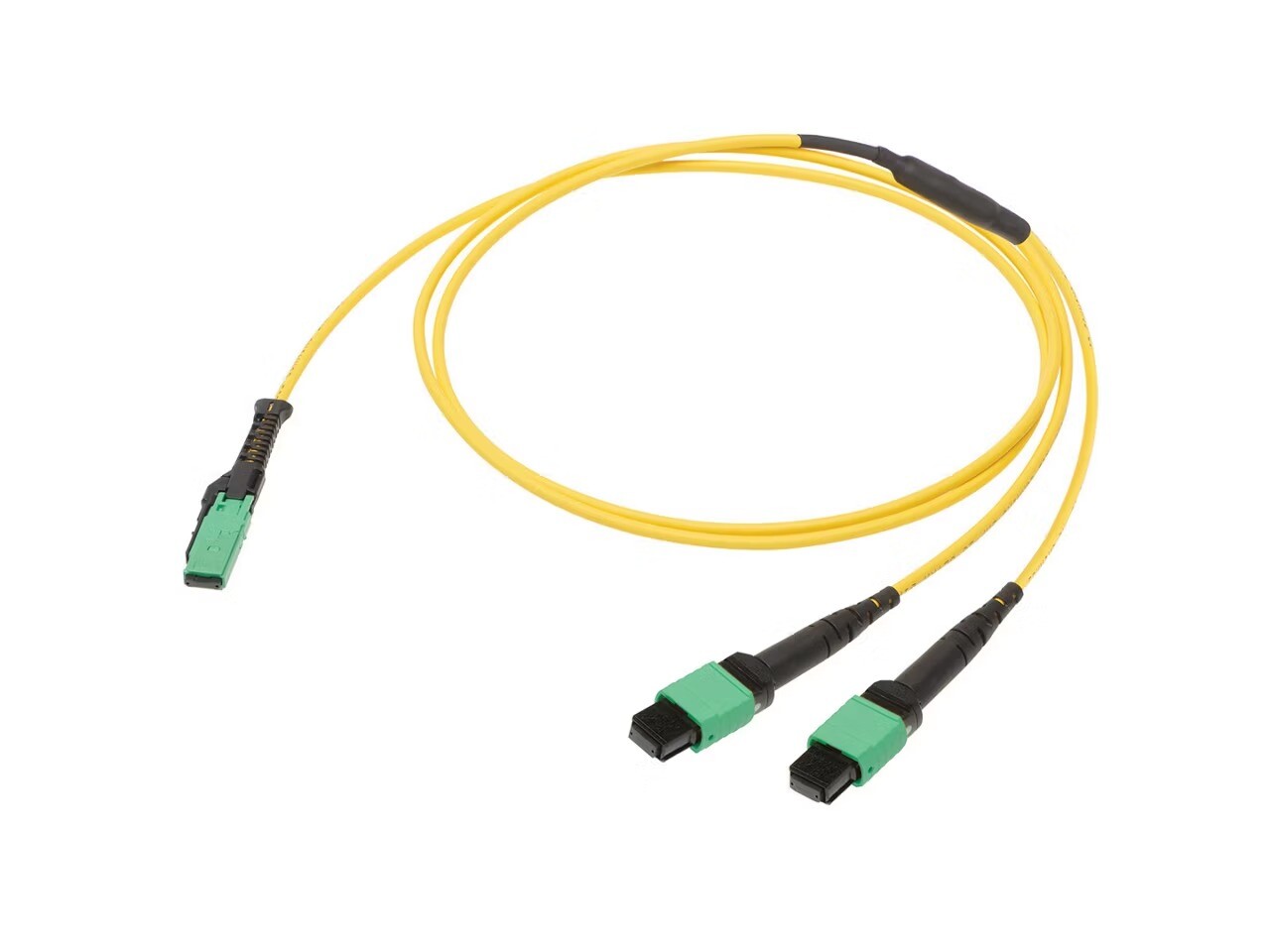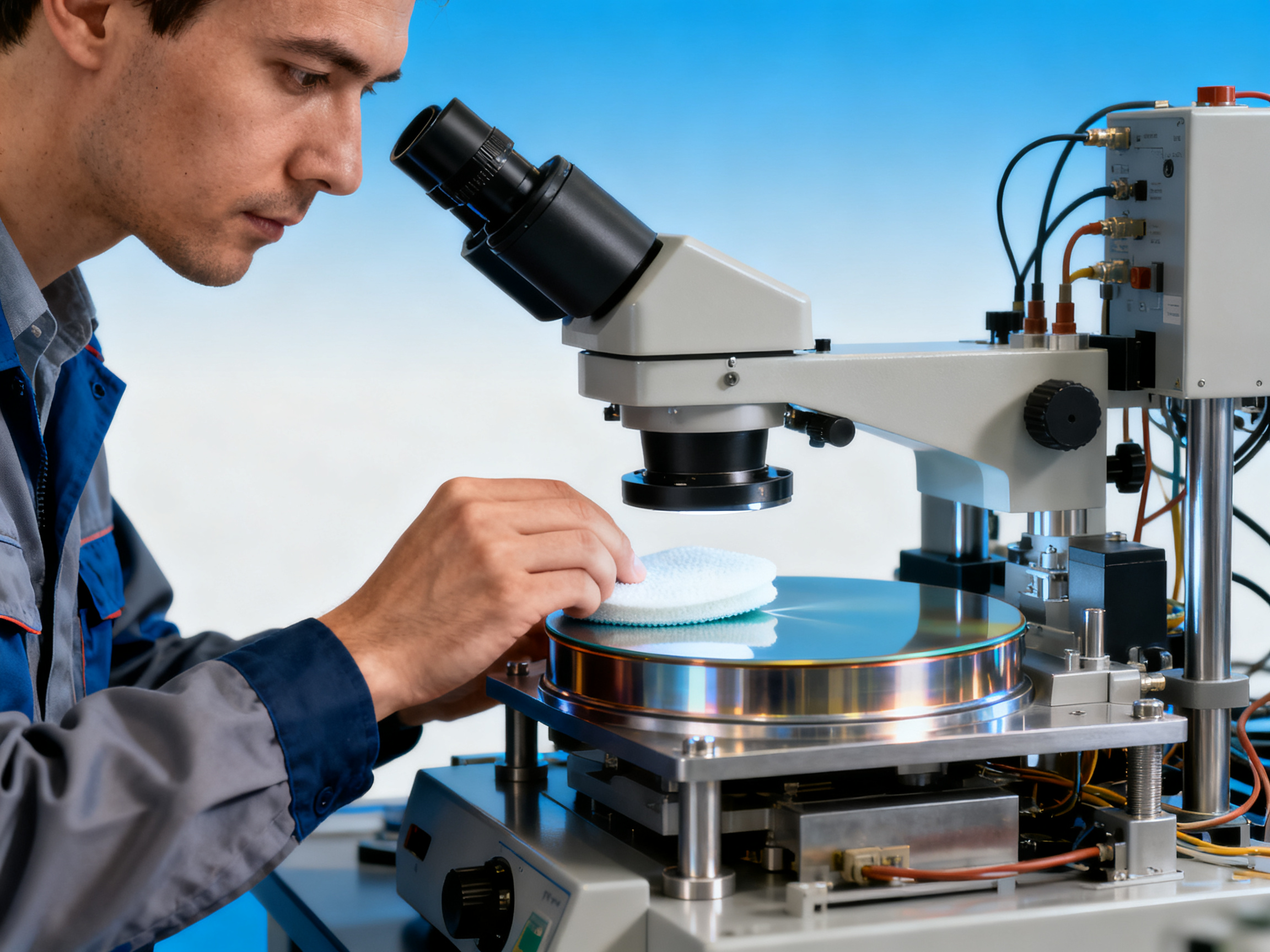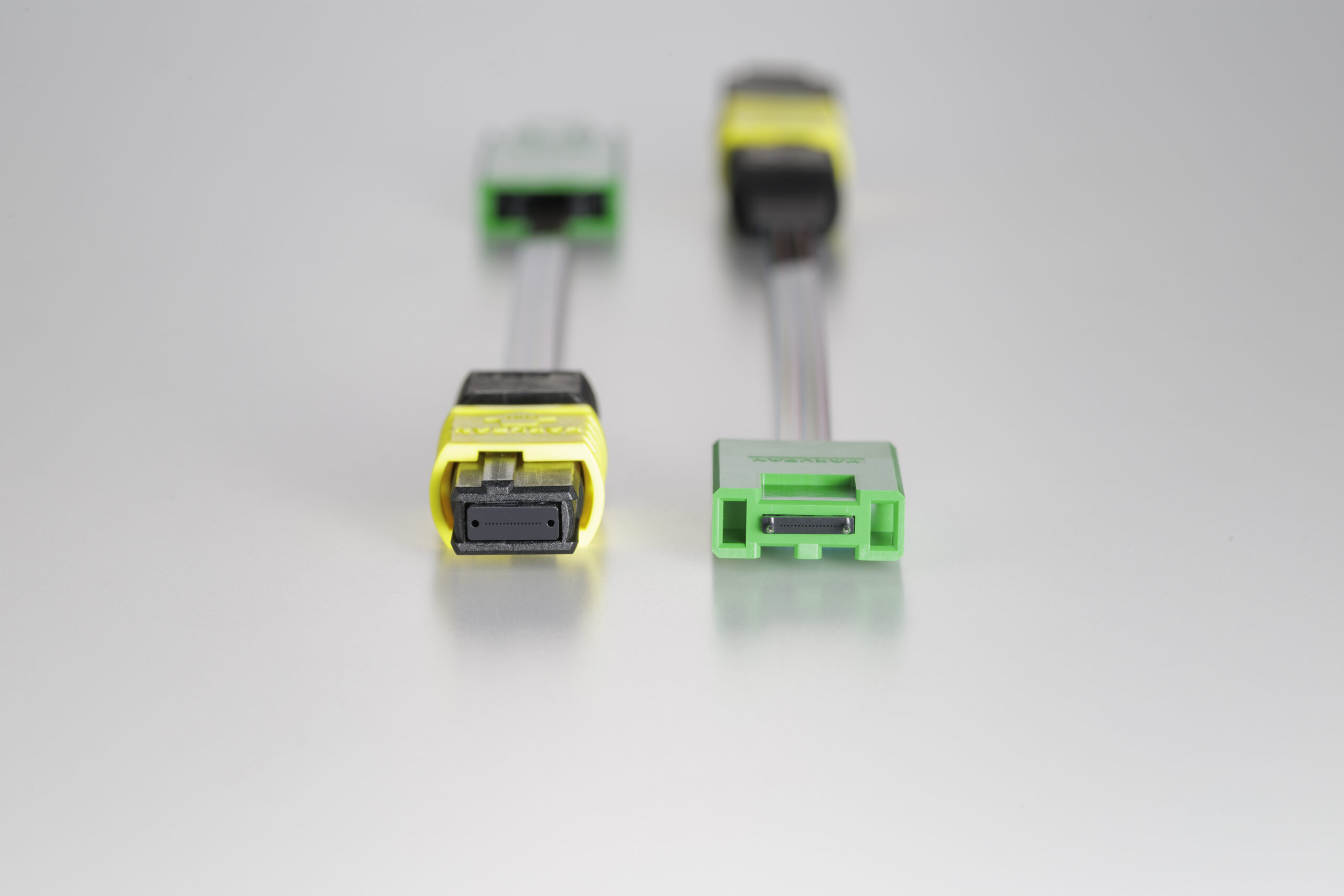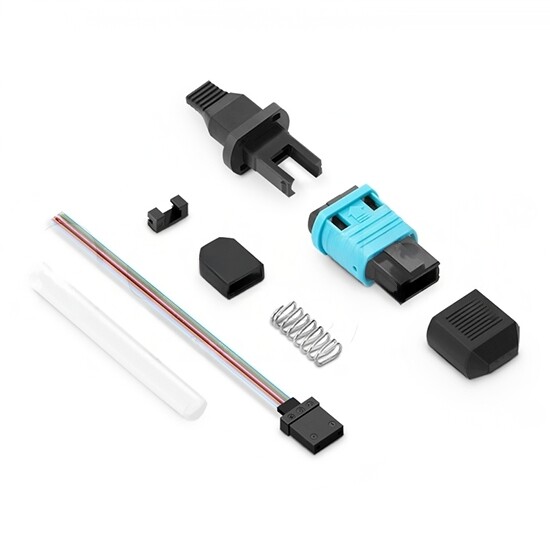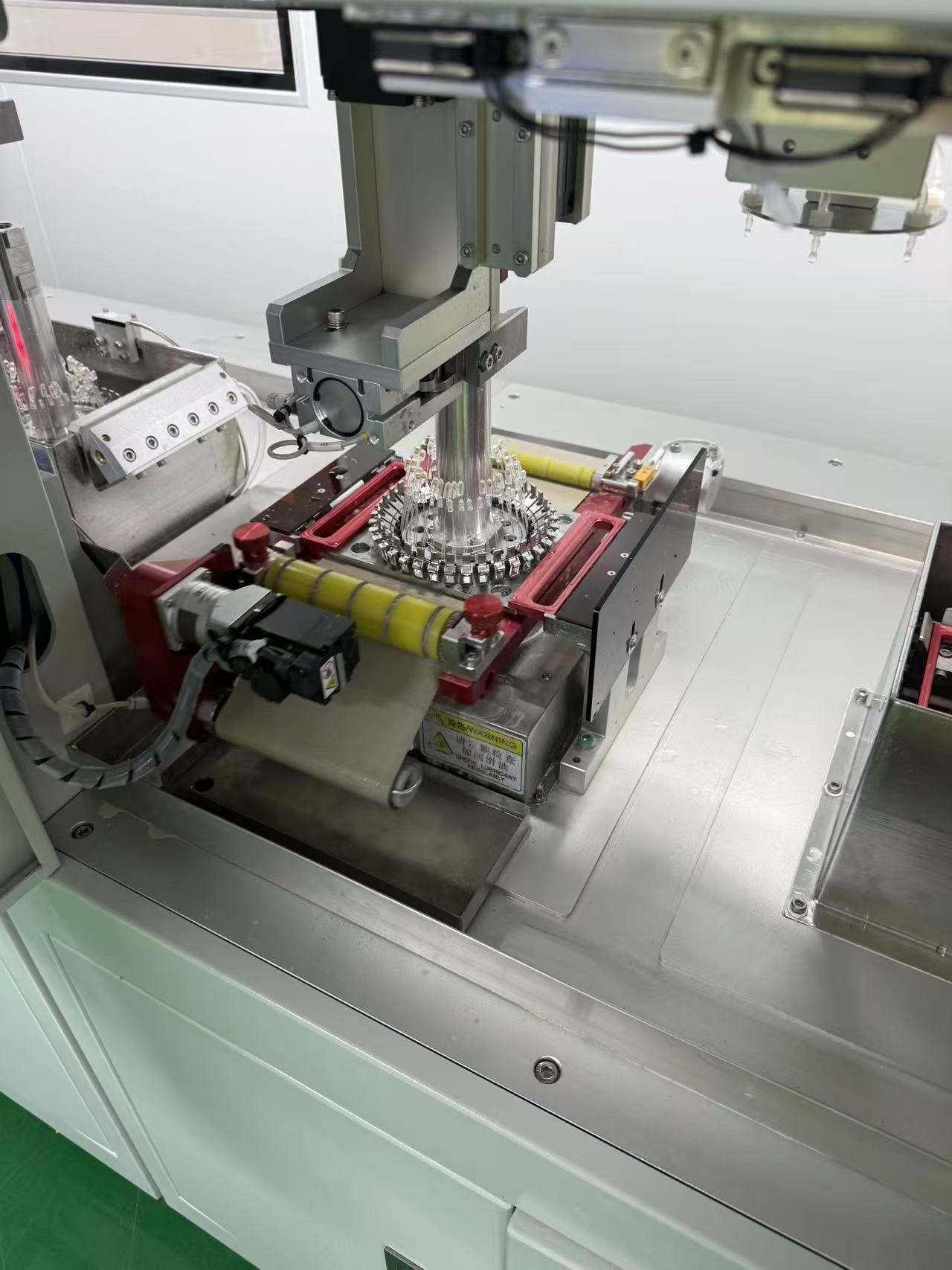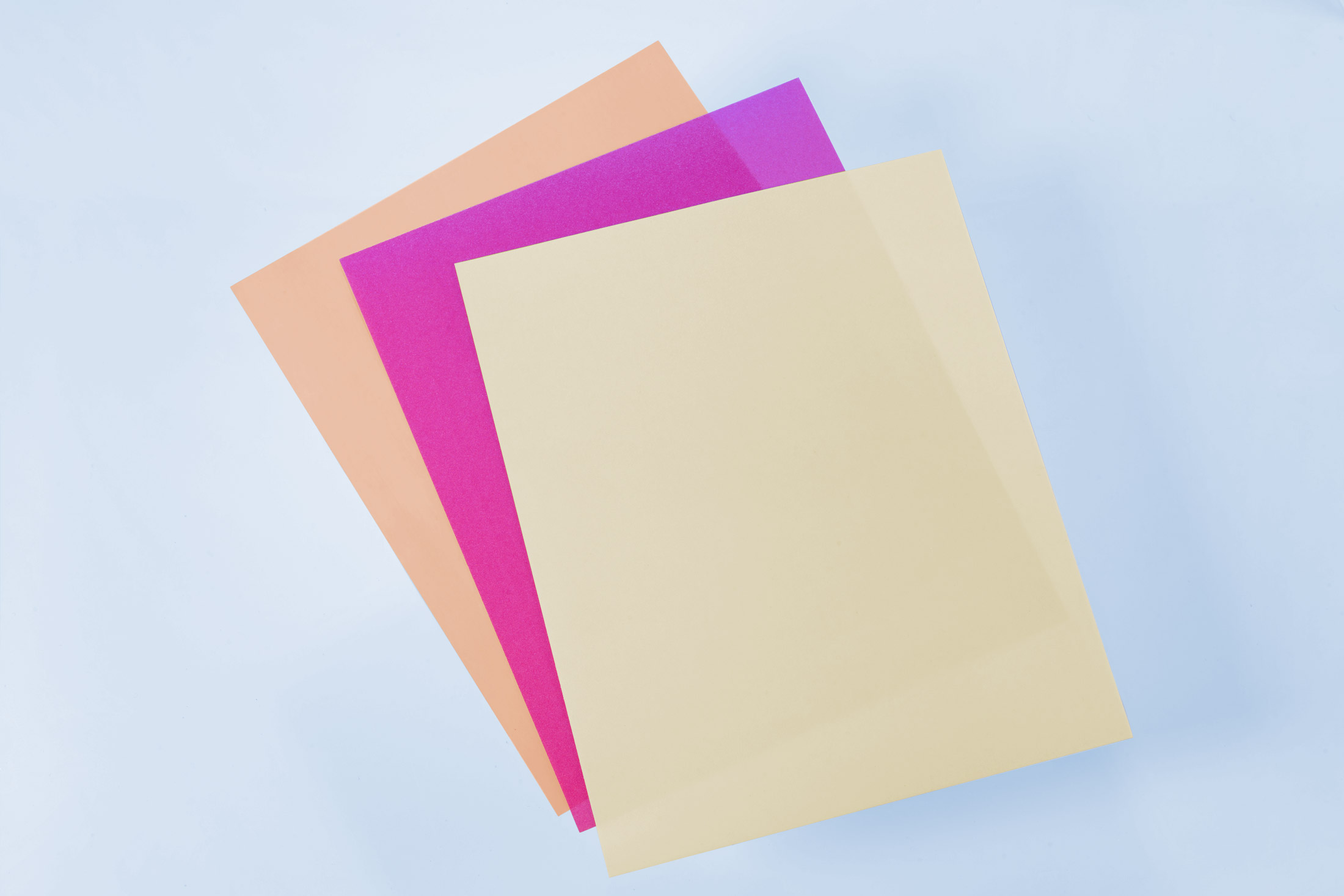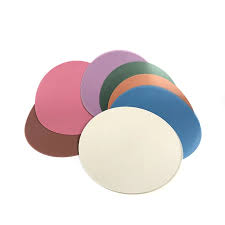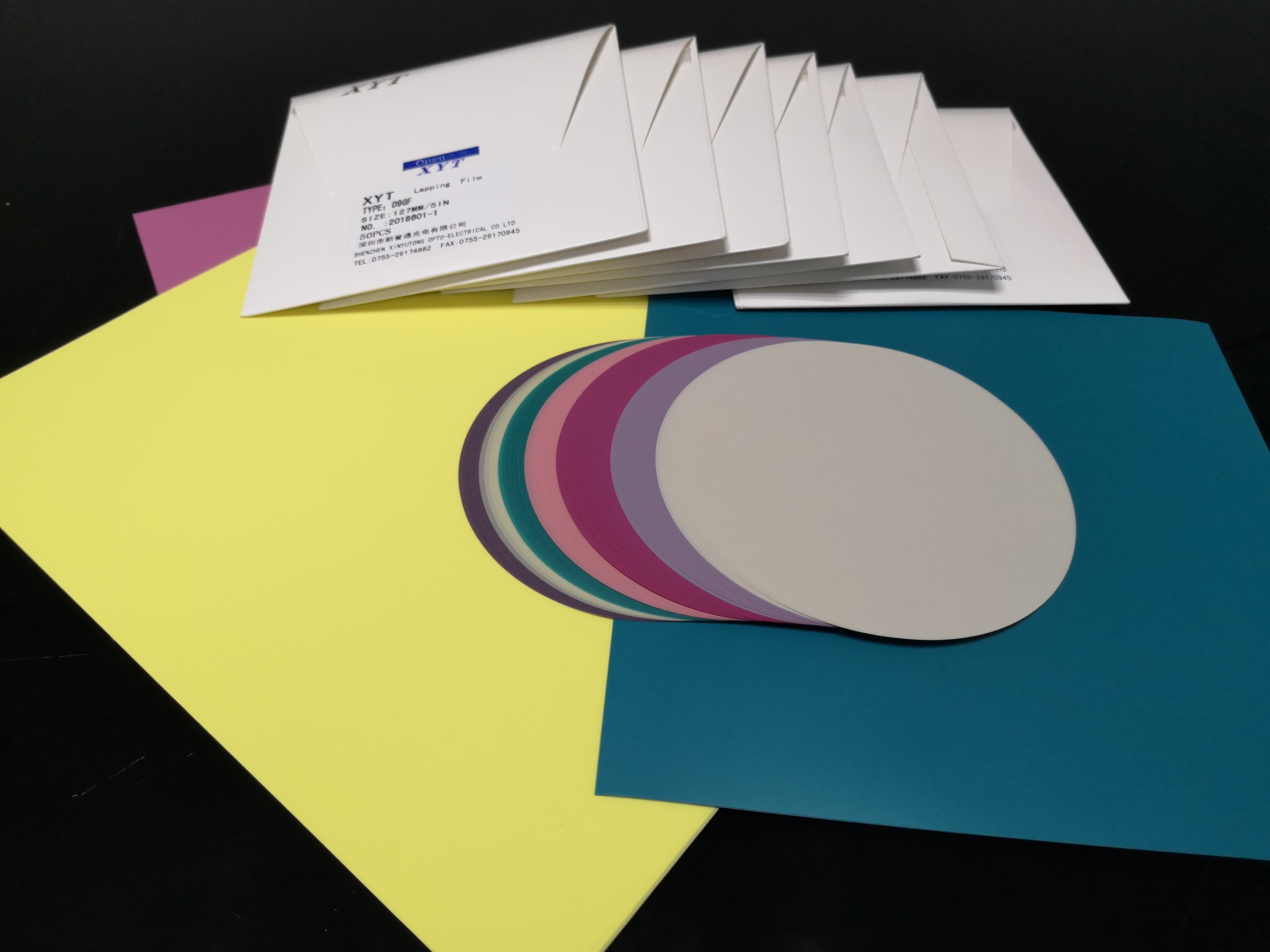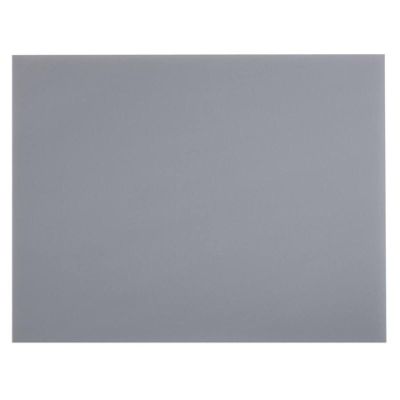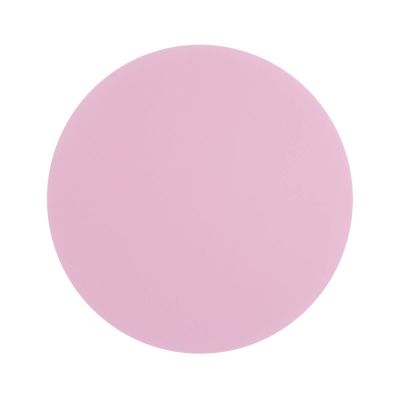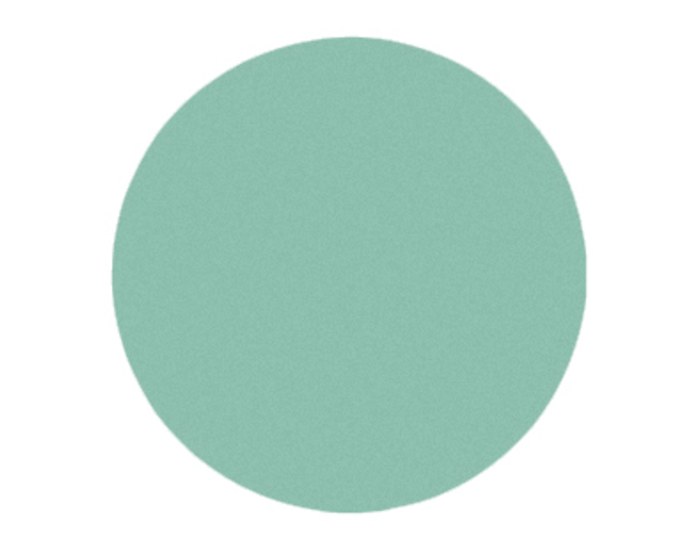PRODUCTS
Product Details
The Ultimate Mastering Using of Lapping Film
By Dr. Lin, Materials Processing and Surface Engineering Specialist
Abstract
Lapping films have redefined the standards of surface finishing across advanced manufacturing sectors. From microelectronics to fiber optics, the demand for ultra-precise, repeatable, and clean polishing processes has placed lapping film technology at the center of innovation. This article explores the science, application, and strategic mastering of lapping films for high-precision industries, offering both technical insight and practical implementation frameworks.
1. Introduction to Lapping Film Technology
Lapping film is a precision-coated abrasive media used in applications requiring micron-level surface finish, dimensional accuracy, and low-defect geometry. Unlike traditional abrasive materials, lapping films are engineered for controlled material removal, flatness retention, and repeatable surface results—attributes vital in sectors like fiber optics, semiconductors, automotive, aerospace, and medical devices.
Key Components:
Abrasive Mineral: Diamond, Aluminum Oxide (AO), Silicon Carbide (SiC), Cerium Oxide (CeO₂)
Film Backing: High-strength polyester (typically 3 mils)
Bonding Agent: Precision resin systems
Optional PSA: Pressure Sensitive Adhesive for ease of mounting
2. Technological Advantages
2.1 Uniform Abrasive Distribution
High-end lapping films feature precisely graded particles with narrow size distribution, ensuring:
Predictable surface roughness
No random scratches or outliers
Uniform wear across the surface
2.2 High Material Compatibility
Lapping films offer versatility across substrates:
Diamond films: for hard ceramics, sapphire, and tungsten carbide
AO films: for stainless steel, plastics, and polymers
SiC films: for composites and soft metals
CeO₂ films: for glass and optics
SiO₂ films: for Ultra Finishing
2.3 Dry & Clean Operation
Eliminates the need for messy slurries, enabling controlled and contamination-free processes in cleanroom environments—crucial for fiber optic connector polishing.
2.4 Multi-Stage Surface Engineering
Allows a stepwise transition from stock removal to mirror finishing using a single medium format.
3. Strategic Mastering of Lapping Film
The effective use of lapping film relies on a deep understanding of abrasive mechanics, application conditions, and equipment alignment. Below is a 4-phase framework for mastering lapping film:
3.1 Material & Abrasive Pairing
3.2 Micron Size Selection
Coarse Grades (30µm–15µm): Shaping & leveling
Medium Grades (9µm–3µm): Smoothing & geometry control
Fine Grades (1µm–0.02µm): Final finish & surface refinement
3.3 Process Parameters
Pressure: Uniform, controlled pressure to prevent edge rounding
Speed: Typically 50–150 rpm depending on substrate
Lubrication: Optional deionized water for thermal control
Cleaning: Mandatory between grit steps to avoid cross-contamination
3.4 Equipment & Fixture Design
Use flat, rigid carriers
Apply consistent downforce
Incorporate precision turntables or orbital polishers
4. Real-World Applications
▪ Fiber Optic Connectors (MPO/MTP, SC, LC)
Precision endface polishing with diamond and AO lapping films ensures low insertion loss and back reflection. Final finish typically reaches under 50 nm Ra.
▪ Semiconductor Wafers
Used in backgrinding, wafer thinning, and die surface planarization. Lapping films improve flatness and remove damage layers before bonding.
▪ Microfluidics & Biomedical Devices
Smooth microchannel surfaces enhance laminar flow, while consistent finishes ensure implant compatibility.
▪ Automotive & Aerospace Components
Lapping films are used to finish precision engine components, hydraulic valves, and aerospace bearings—improving wear resistance and fatigue life.
5. Advancements and Future Outlook
Nanoparticle Abrasives
Next-gen films incorporate nanodiamond particles and hybrid ceramics for sub-10nm surface finishing.
Smart Lapping Platforms
Integration with AI and vision systems allows real-time surface monitoring, adaptive pressure control, and closed-loop polishing automation.
Sustainable Innovation
Research is focused on eco-friendly bonding agents and recyclable polyester backings to reduce industrial waste.
6. Conclusion by Dr. Lin
Lapping film technology has become indispensable in achieving world-class surface finishes. Its ability to deliver consistent, clean, and precise results positions it as a cornerstone of modern precision manufacturing.
To master lapping film is to master surface engineering itself. With a strategic approach grounded in material science, process control, and innovation, manufacturers can unlock unprecedented levels of performance and product reliability.
About the Author: Dr. Lin
Dr. Lin is a specialist in materials processing and microfabrication with over 20 years of experience in surface engineering, abrasive technology, and cleanroom manufacturing. He has published multiple white papers on optical polishing and ultra-precision finishing systems.
For custom solutions, sample requests, or technical consultation:
Email: [sales@lapping-film.com]
Web: [www.lapping-film.com]
Online Consultation
Related Suggestion
Get in Touch
*We respect your confidentiality and all information are protected.

